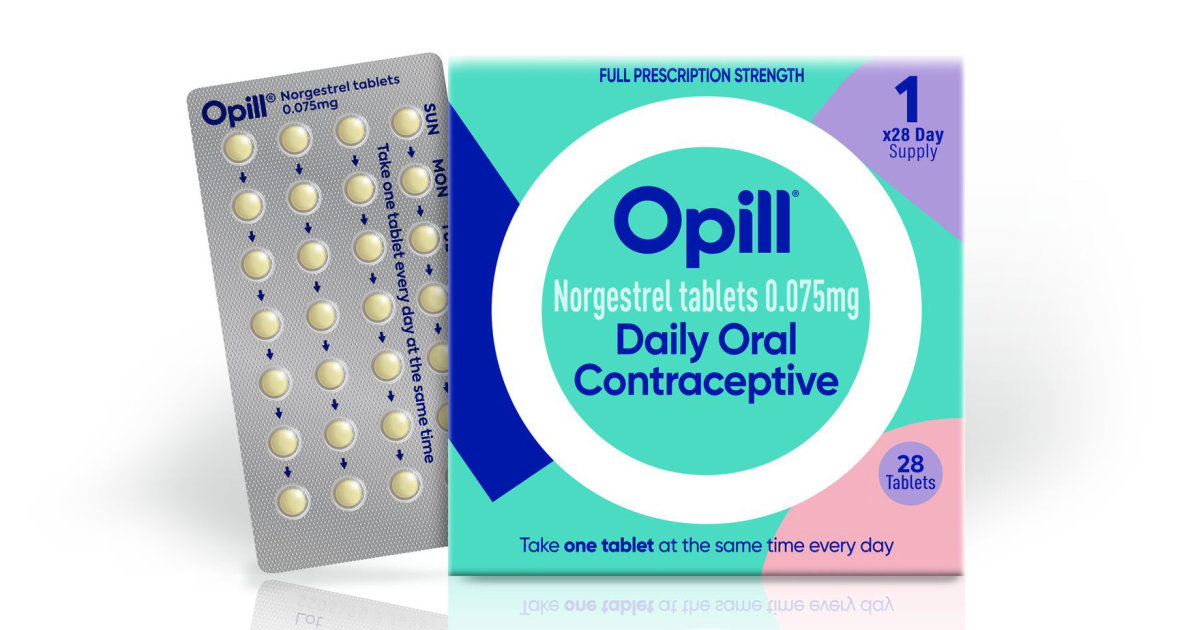Advisors to the Food and Drug Administration (FDA) voted unanimously on Wednesday to recommend making the birth control pill available without a prescription.
The 17-0 vote by two FDA advisory panels came despite serious reservations by agency officials about the quality of the data used to support switching the birth control pill, called Opill, from prescription to over-the-counter. free. The FDA was not concerned about the safety and efficacy of the drug.
The FDA is not required to follow the committees’ recommendation, though the vote is expected to weigh heavily in the agency’s final decision, scheduled for late summer. If approved, Opill, from French drugmaker HRA Pharma, would be the first birth control pill available over the counter in the US.
«Opill has the potential to have an enormous positive impact on public health,» Kathryn Curtis, a scientist at the Centers for Disease Control and Prevention, said after the vote. Making the drug available without a prescription should increase access and reduce unintended pregnancies, she said.
Advocacy groups have been pushing for an over-the-counter birth control pill for years. Many major medical organizations, including the American Medical Association and the American College of Obstetrics and Gynecology, endorse over-the-counter use.
The meeting was held over two days and included two FDA advisory groups: the Non-Prescription Drugs Advisory Committee and the Obstetrics, Reproductive, and Urology Advisory Committee.
On Tuesday, FDA officials pointed to several flaws in the company’s data, including a lack of information about whether people, including those with low literacy, could understand the drug’s instruction label. Not taking the birth control pill at the same time every day could lead to an unintended pregnancy, they said.
However, FDA panel members said Wednesday that they believed most women would be able to determine for themselves whether the drug is appropriate to use.
“We need to trust women,” Dr. Katalin Roth, a professor of medicine at the George Washington University School of Medicine and Health Sciences, said after the vote. «I urge the FDA to approve.»
HRA Pharma also noted that even when the birth control pill is prescribed, women can still skip doses, citing studies indicating that around 15% of women can skip three or more doses at least once a month.
Agency officials were concerned about side effects, such as vaginal bleeding, and whether people, particularly adolescent girls, would know to seek help from a health care provider.
Another concern was whether women with breast cancer or a history of breast cancer would know not to use the drug. The FDA panel members said they didn’t expect that to be a problem because they said many women with breast cancer know better than to use hormonal birth control.
Dr. Karen Murry, an FDA official who oversees over-the-counter drugs, acknowledged the importance of increasing access to effective contraceptives, noting that the agency is in a «very difficult position» because the company failed to provide «adequate» data. .
fda approved Opill as a prescription drug in 1973. It contains a hormone, progestin, and is taken daily.
The move to switch from prescription to over-the-counter comes amid legal battles over women’s reproductive rights.
Last summer, the Supreme Court struck down the landmark Roe v. Wade that guaranteed the constitutional right to abortion. Another case, which could limit access to mifepristone, one of the drugs used in medical abortions, is currently making its way through the lower courts.
During the FDA meeting, HRA Pharma representatives said that making over-the-counter contraceptives could prevent more than 37,000 unintended pregnancies in a year.
The company also noted that over-the-counter birth control pills are already available in several other countries.
FDA officials noted, however, that other countries often don’t treat over-the-counter drugs the same way the US does.
In other countries, in addition to prescription and over-the-counter use, there is often a third category: dispensed by the pharmacist. While a person in another country may not need to get a prescription, they may need to speak to a pharmacist who may or may not dispense the medication.

